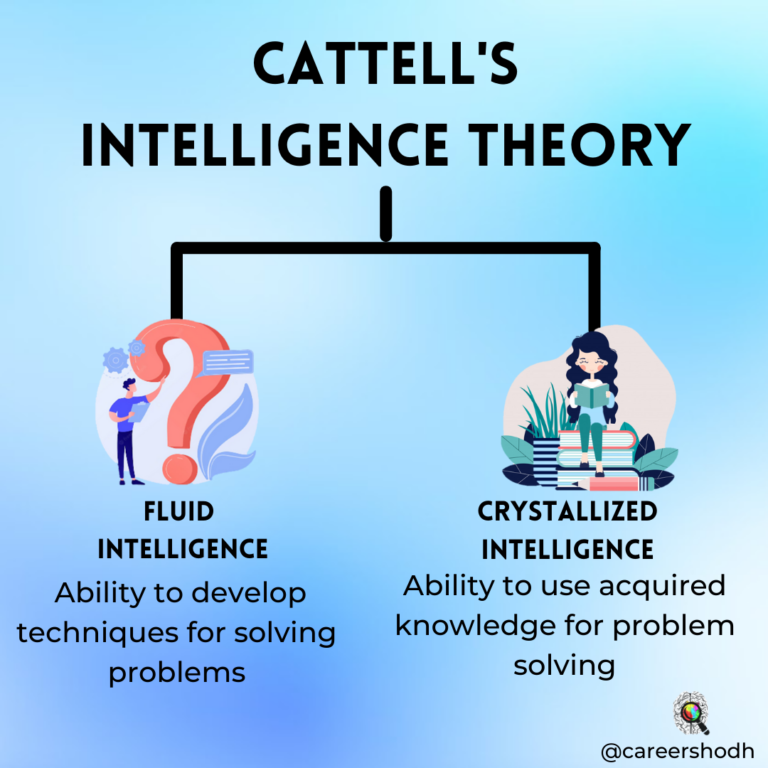Fluid Intelligence vs. Crystallized Intelligence
“Yesterday I was clever, so I wanted to change the world. Today I am wise, so I am changing myself.” ~ Rumi
Does success = satisfaction? Society tells us: make hay while the sun shines. Work hard, strive, achieve, succeed, bank it, invest it, acquire lots of stuff, die happy. Is this a mistaken view of satisfaction and happiness? Is money, power, pleasure, and public esteem the basis of your achievements? Some strategize the treadmill factor: get rich, successful, famous, powerful early, and then feast on it for the rest of your life because, well, why not? Is this whole model wrong? If you’re running on this treadmill, find the nearest exit ramp because that’s where it ends. Happiness in this model is elusive.
However, our brain’s limbic system coaxes us to stay on the treadmill. It becomes a seductive addiction that leads us astray. The neurochemistry around this is powerful. The initial dopamine hit begets the follow up dopamine hit and that is how we bamboozle ourselves into thinking that the next big thing is going to satisfy the need. The anticipation of the reward, whether a behavioral or chemical addiction, works the same way.
From a social science perspective, people who are the most unfulfilled at the end of their lives are the ones who achieve the most early in life. The professional dancer who had a good decade and has to retire at 32. The brat pack actor who doesn’t get offered juicy roles after 35. If you achieve a lot early on it becomes exhausting to live up to your impossibly high expectations. And when the party’s over, it’s time to go home. What goes up must come down. This is not pessimism. This is science.
In an article in The Atlantic, Harvard professor Dr. Arthur Brooks says, “The pursuit of achievement distracts from the deeply ordinary activities and relationships that make life meaningful.”
The existential crisis that so many people face is especially true for strivers: people who want to live up to their absolute best selves. When you measure success in worldly terms like money, honor, power, and admiration, you end up in the satisfaction paradox. You can’t reach satisfaction by increasing these things, because the goal is always out of reach. Once you bring home the bacon, you need more. You need to constantly reboot. Homeostasis takes you back to balance because if you stay out of equilibrium you will die. You will eventually outrun your ability to do the things you did well that brought you the worldly success.
So. What is the strategic plan? If you’re good at what you do, whether you’re a Wall Street wizard, a violinist, a plumber, or a taxi driver, no one is going to notice when you start to slip. But you will. This is when you get to the wrong side of what psychologist Raymond B. Cattell in 1963 coined the fluid intelligence curve: your ability to innovate, focus, get better and better, to be a ninja at your job. According to Cattell, fluid intelligence peaks in our 40s and if you ride that curve, you end up in the basement.
However, in his book, Lifespan, celebrated scientist Dr. David Sinclair lays out exactly why we age—and why he thinks we don't have to. Sinclair delivers research that shows that we can double our life expectancy and live healthy, active lives right up until the end. He brags about his 80-year-old father who crushes it at the gym, and just started a new business.
But Cattell claims that on the downward curve of fluid intelligence is crystalized intelligence where you garner the wisdom that prepares you for your next success curve, later in life. Behind the pre-frontal cortex that pushes toward this curve is another path.
Ultimately, do you want to be great? Or do you want to be happy? Charles Darwin introduced his theory of natural selection when he was 27 and became the most celebrated scientist in all of Europe. He hit a wall in his 50’s, unable to keep up with the expanding scientists in their 30’s. His biographers point out that he lived the third act of his life bitterly because he could not maintain his early success.
Johan Sebastian Bach, on the other hand, was incredibly prolific. He lived 65 years at a time when the average life expectancy for men was 30 years, published more than 1,000 pieces of music for every instrument of his time, and had 20 kids with two wives. He was as famous as he could be in that era with princes hiring him to compose music for them. His forward progress stopped around age 50 when, in a moment of clarity, he reckoned he could no longer keep up with his musical son Carl Philipp Emanuel Bach. So, he shifted, and became a celebrated music teacher. Crystalized intelligence activated!
We can strive to get off the hedonic treadmill of the Next Big Thing, the Next Relationship, the Next Stupendous Sale. But this is a very ephemeral notion. Instead, find out what would make you happy. What is happiness? Can we continue to increase our happiness as we mature? What’s the existential hole you’re trying to fill?
It has everything to do with love. Period. The Dahli Lama says love is a decision, not a feeling. We think we need external validation in the form of things but love only comes from human beings. It doesn’t come from a big investment account or a great 401K plan. Invest instead in people, friendship, kindness, and work that serves other people. Invest in loving yourself.

